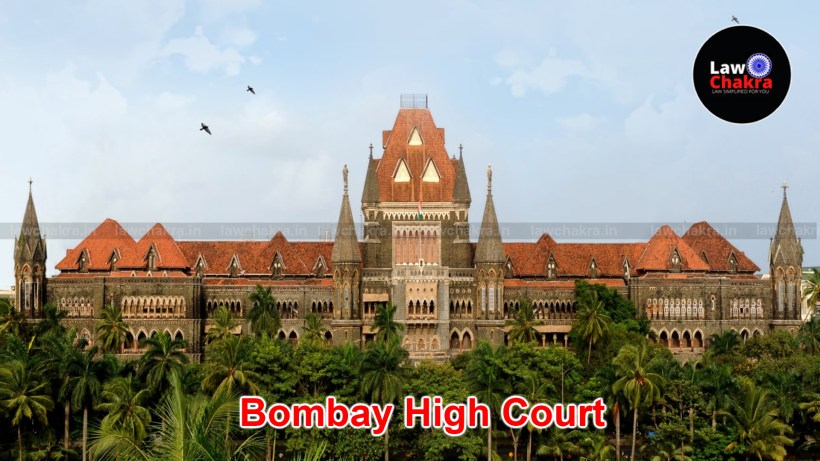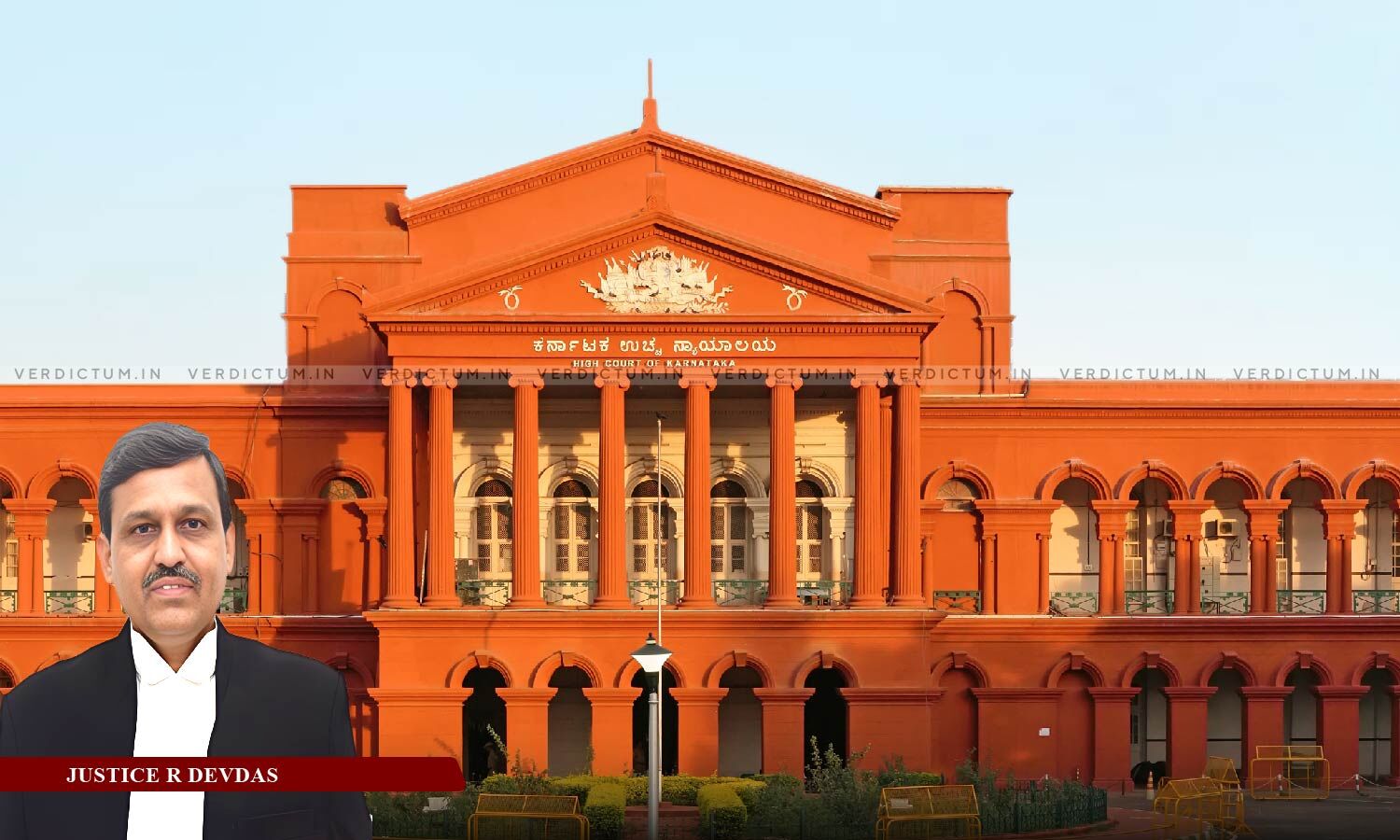Punjab & Haryana High Court

Thank you for reading this post, don’t forget to subscribe!
The Punjab & Haryana High Court ruled that a second wife is entitled to compassionate appointment if she was nominated by her deceased husband in his service records and was fully dependent on him, even if his first marriage was not legally dissolved.

Punjab: The Punjab & Haryana High Court has held that a second wife is entitled to compassionate appointment if she was nominated by her deceased husband in his official service records and was fully dependent on him—even if the first marriage was not legally ended.
ALSO READ: Chhattisgarh High Court Quashes Bigamy Case Against Second Wife, Clarifies Legal Position
The judgment was delivered by Justice Deepinder Singh Nalwa, who allowed the plea filed by Kirandeep Kaur, the second wife of late Tirath Singh, an Assistant Lineman with Punjab State Power Corporation Limited (PSPCL). Tirath Singh passed away on February 26, 2022, while still in service.
Quoting the court’s clear direction, Justice Nalwa said:
“Petitioner No.1 (widow) of late Tirath Singh, who has been declared nominee in the service record and was wholly dependent upon the late Tirath Singh, is held entitled for grant of appointment on compassionate ground.”
Background
Kirandeep Kaur had approached the High Court seeking compassionate appointment and financial help (solatium) for herself and her two minor daughters after her husband’s death.
Tirath Singh was earlier married to Baljinder Kaur in 2006. However, in 2007, he reportedly obtained a Panchayati divorce (a customary village-level separation), though not a court-approved legal divorce. Later, in 2009, he married Kirandeep Kaur, and the two lived together as husband and wife for more than 23 years until his passing.
Despite Kirandeep Kaur being clearly named as the nominee in Singh’s service records, and submitting all required documents, PSPCL rejected her request for compassionate appointment. The rejection was based on a legal opinion that the Panchayati divorce was not legally valid, and therefore her marriage was considered void under the law.
The High Court acknowledged that although the second marriage might be legally considered void because the first marriage had not been legally dissolved, the facts of the case showed that Kirandeep Kaur was the nominee, fully dependent on the deceased, and had raised his children.
Most importantly, the Court noted that Baljinder Kaur, the first wife, had submitted an affidavit declaring that she would not claim the job on compassionate grounds nor raise any further claim in the future.
Citing the Supreme Court ruling in Vidyadhari & Ors. v. Sukhrana Bai & Ors. [2008(1) RCR (Civil) 900], the High Court pointed out that even in a void marriage, the second wife could be entitled to pension and service-related benefits if she was nominated by the deceased.
The Court remarked:
“It is admitted fact that petitioner was residing with late Tirath Singh almost for 23 years till he expired… and is entitled for grant of retiral benefits in accordance with law.”
The Court allowed Kirandeep Kaur’s petition and directed PSPCL to permit her to join duty, based on the appointment letter that had been issued during the time the case was being heard.
This ruling reinforces the principle that dependence and nomination in service records should take precedence over technicalities in marital status, especially in cases involving compassionate appointments meant to support grieving families.
- Counsel for Petitioners: Mr. G.S. Punia, Senior Advocate, with Ms. Harleen Kaur
- Counsel for Respondents: Mr. Rangat Joshi
Case Title: Kirandeep Kaur and others v. Punjab State Power Corporation Limited and others
View Order





